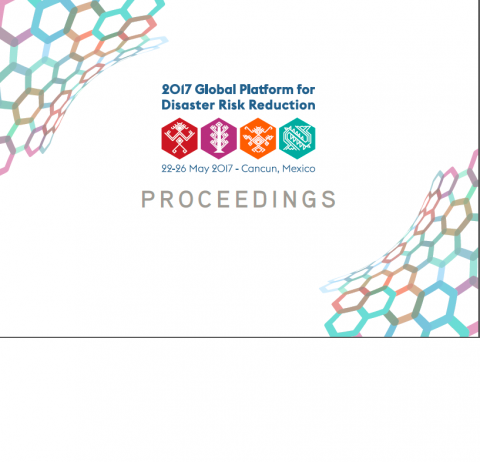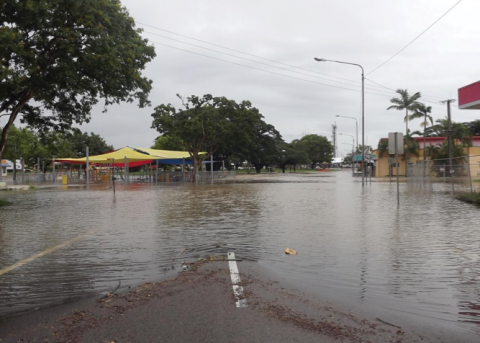Preparing for disaster: preparedness in a flood and cyclone prone community


Research suggests that the perception of a threat, high levels of self-efficacy, and high levels of social connectedness and trust may facilitate engagement in preparatory behaviours for severe weather events. To identify the psychosocial determinants of preparatory behaviours in cyclone- and flood-prone communities, a questionnaire was completed by 275 (103 males, 169 females, three not identified) participants from a north Queensland community.
The results from this study show that perceived susceptibility to a future severe weather event, social connectedness, and self-efficacy significantly predict part of the variance in preparatory behaviour. Therefore communicating personal vulnerability to an event, providing information on how to undertake recommended preparatory action, and increasing engagement in the community may contribute to effective preparation at the community level.
Australian Journal of Emergency Management, Volume 31, Issue 1, January 2016, Pages 18-24. The Australian Journal of Emergency Management by the Australian Institute for Disaster Resilience is licensed under a Creative Commons Attribution-NonCommercial 4.0 International License.
Preparing for disaster: preparedness in a flood and cyclone prone community
https://ajem.infoservices.com.au/items/AJEM-31-02-05
